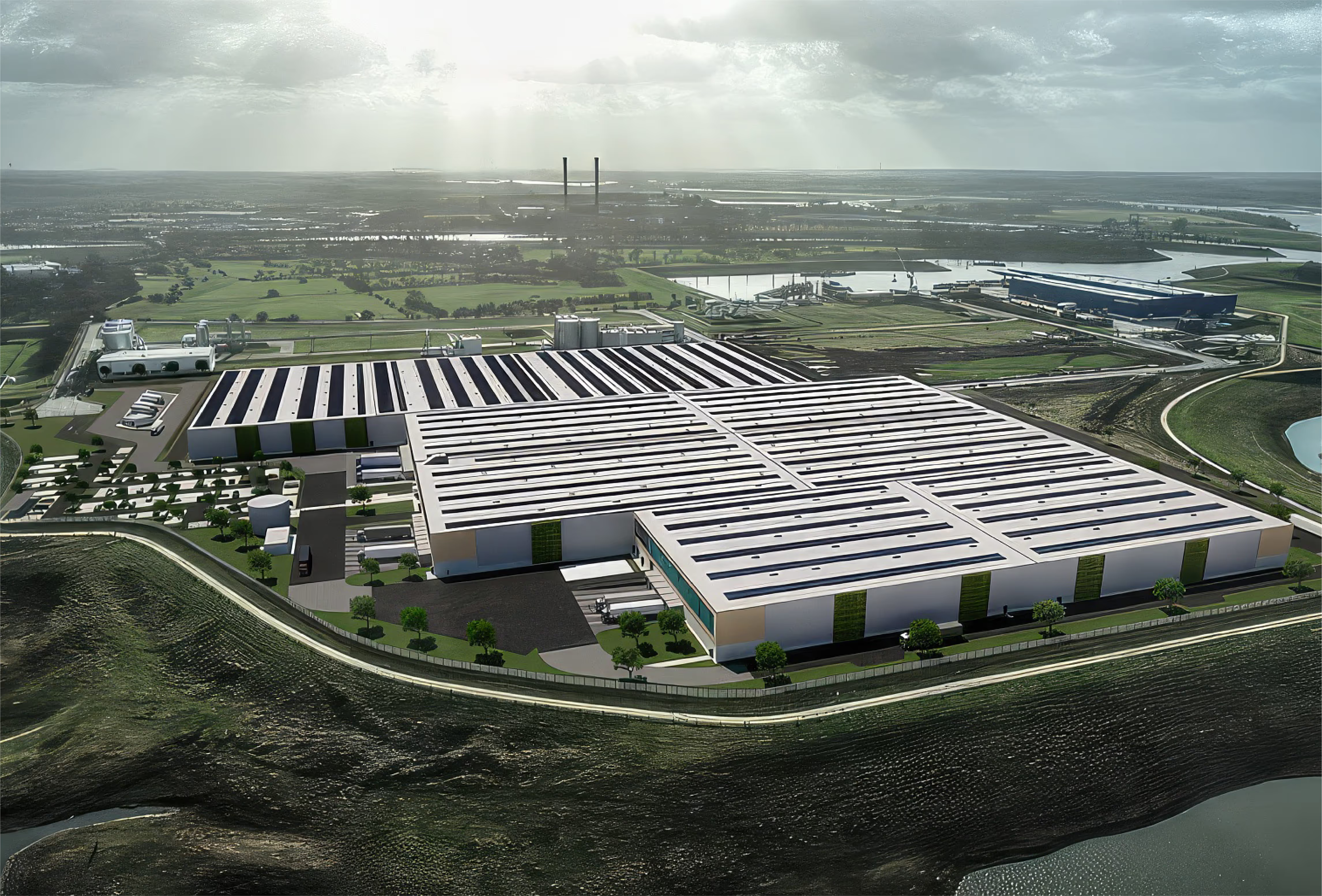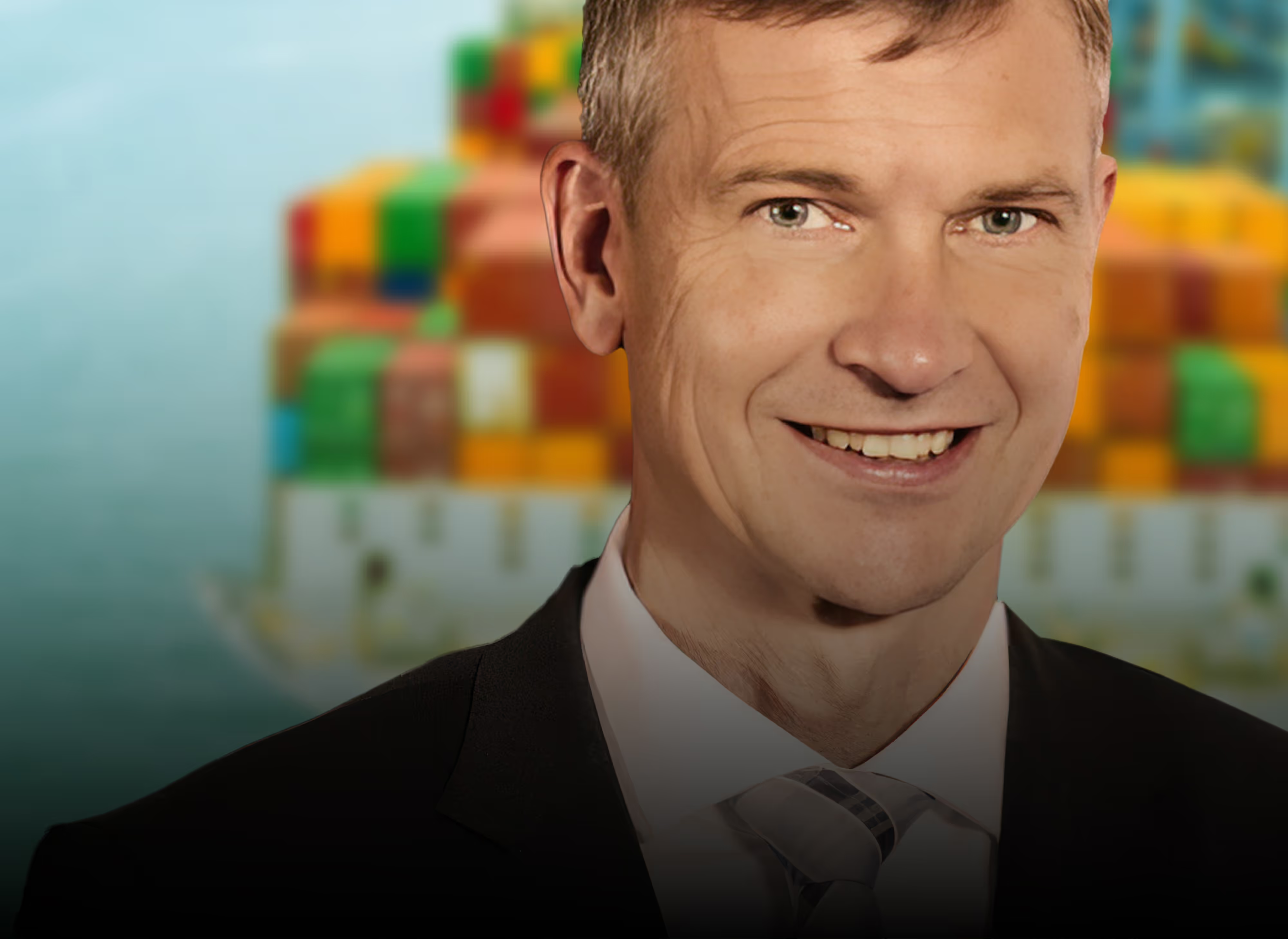Founded in 1912, Rhenus Group has been around for a while, but as the logistics industry evolves at a breakneck pace, the company remains at the forefront of the sector. In fact, according to Dr. Stephan Peters, a member of the Rhenus management board, Rhenus’s approach demonstrates that with the right strategy and technologies, it's possible to balance efficiency, speed and environmental responsibility—all while meeting the demands of a rapidly changing market.
The company—based in Germany and with branches in more than 70 countries including Europe, India, Asia, Africa and Oceania, as well as North, Central and South America—differentiates by delivering customized solutions across the supply chain. “Our core mission is to create long-term value by prioritizing future generations, a principle deeply ingrained in our identity as a family business,” says Peters, adding that a generational mindset guides all company decisions.
Prioritizing the future entails embracing the future, and Rhenus is doing exactly that by leveraging artificial intelligence and data analytics to enhance operational efficiency in everything from warehouse management to route optimization. In addition to employing natural language processing to extract data from customs and tender documents, streamline workflows and support daily tasks, Rhenus relies on AI for route and network optimization, along with computer vision to ensure production quality and test inventory data collection. The integration of AI-supported systems, combined with tools like Power BI (a data visualization and reporting platform), enables the company to visualize key metrics and respond quickly to operational and market changes, while advanced forecasting models assist in resource and demand planning, allowing for more effective management.
Cutting-edge technology has resulted in increased efficiency and speed, says Peters, but not at the expense of the environment. Rhenus’s strategy prioritizes reducing carbon emissions through advanced data analytics, which allows it to track its carbon footprint, optimize delivery routes and consolidate shipments to minimize fuel consumption and emissions. It’s a strategy that aligns with Rhenus’s goal of becoming one of the most sustainable companies in the EU—an especially impressive designation given that some measures indicate the logistics industry is responsible for as much as 30% of carbon dioxide emissions globally. Thus, it’s not surprising the company was awarded gold status in EcoVadis' Corporate Social Responsibility (CSR) ratings in 2023, placing it among the top percent of logistics service providers assessed.
Rhenus is expanding its fleet with electric and hybrid vehicles, according to Peters, who adds that the company has more than 300 last-mile electric trucks already on the road and is increasingly turning to hydrogen-fueled barges. The company is also investing in sustainable warehouses—equipped with solar panels, energy-efficient lighting, sustainable construction materials and advanced HVAC systems—several of which have been awarded BREEAM certifications for environmental performance.

Recognition is great, but what matters are results, and Rhenus’s sustainability efforts are paying off. “Our newly designed and optimized ships have achieved fuel savings of approximately 20%, compared to conventional vessels,” says Peters. In addition, Rhegreen, the company’s CO2-efficient aircraft selection tool, has enabled clients to reduce cargo emissions by up to 40% per shipment. And in the name of transparency and accountability, EcoTransIT, a digitalization initiative, allows Rhenus and its customers to analyze traffic emissions and generate detailed emissions reports.
Looking to the future, Peters, a founding member of the Open Logistics Foundation, sees automation as a continuing driver for the industry, noting it will be crucial to address the shrinking labor force across many of the company's locations. While the rise of e-commerce and an increasing demand for faster deliveries suggest last-mile innovations are the next big thing, Peters warns against moving too quickly. While the idea of autonomous vehicles delivering goods overnight to in-house parcel lockers “is certainly appealing” compared to automated warehouses, the last mile poses problems, he says. “Autonomous warehouses can already perform many tasks efficiently and reliably, but fully automating the last mile is a long-term process due to its higher complexity, the required infrastructure changes and strict regulatory requirements.”
Although a complete replacement of last-mile structures will take time, Peters is confident Rhenus will be ready when the industry is. “Whether it's drones, autonomous land-based vehicles or even autonomous barges,” he says, “we're always open to technological developments if we see value for our clients.”


.avif)
%20(1).avif)
.avif)